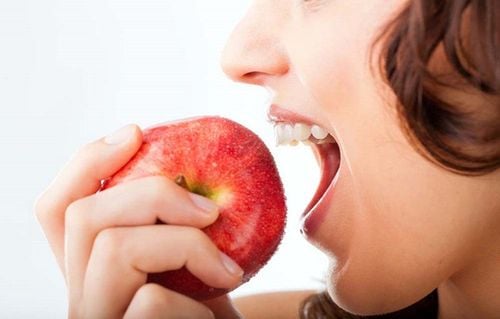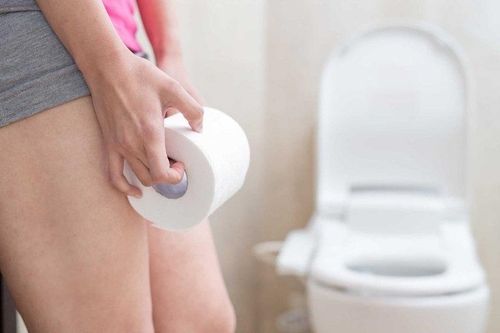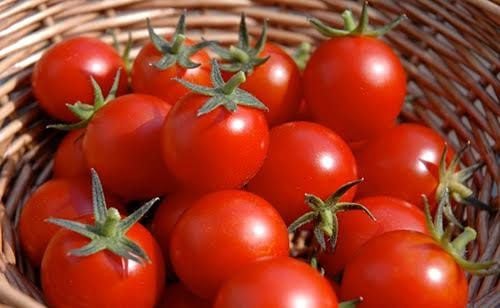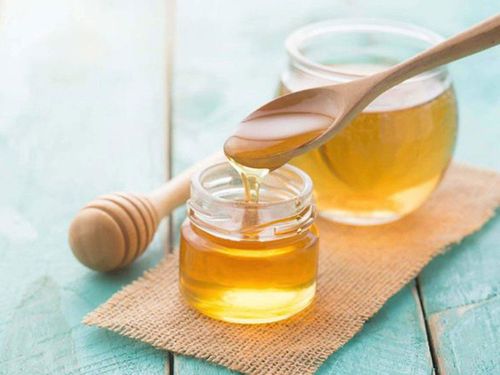Peanuts are widely used as a healthy snack or commonly found at venues serving alcoholic beverages such as beer and spirits... There are various types of peanuts, such as: raw, roasted, boiled, salted, and flavored. While peanuts are known for their high protein and fat content, you might wonder whether consuming peanuts can help with weight loss.
1. How do peanuts affect weight loss?
Peanuts may aid in weight loss through various mechanisms However, many observational studies investigating the effects of peanuts on weight loss have shown that eating peanuts is associated with maintaining a healthy weight. Additionally, peanuts are associated with reduced rates of obesity.
1.1 Keeps you feeling full
Do roasted peanuts cause weight gain? Unlike other snack foods high in simple carbohydrates, peanuts are rich in healthy fats, protein, and fiber, which take longer to digest.
A study conducted on 15 participants showed that adding whole peanuts or peanut butter to breakfast increased feelings of fullness and led to more stable blood sugar levels. Simple carbohydrates are quickly absorbed into the blood and lead to rapid blood sugar spikes followed by quick drops, which can make you feel hungry shortly after eating.
In contrast, peanuts are digested more slowly and stay in your stomach longer, helping you feel fuller between meals.
1.2 Contains healthy fats that are good for the body
Peanuts are rich in nutrients including healthy fats, monounsaturated fatty acids (MUFAs) and polyunsaturated fatty acids (PUFAs).
Diets high in these fats have been linked to reduced rates of inflammation, obesity, and chronic diseases, such as heart disease and diabetes. Moreover, including nuts in daily meals may be associated with reduced risk of long-term weight gain. Some researchers hypothesize that the high unsaturated fat content in nuts, including peanuts, may enhance the body's ability to utilize stored fat for energy. However, more research is needed to prove this hypothesis.

1.3 Lower calories
Although peanuts contain high calories, you may not absorb all the calories that peanuts provide to your body. When you consume peanuts in your daily diet, your teeth cannot break them down into small enough pieces for complete digestion, meaning your body is likely to absorb fewer calories and the rest will be eliminated through waste excretion.
In a study conducted with 63 men who consumed peanuts in their daily diet, participants were given whole peanuts, peanut butter, peanut oil, or peanut flour throughout the study period. After comparing stool samples, those who ate whole peanuts had significantly higher fat content in their stool, indicating lower calorie absorption.
However, when eating peanuts for weight loss, this doesn't mean you should overeat them. Consuming too much calorie-rich food, such as peanuts, can still lead to excess calories and ultimately hinder your weight loss efforts throughout the consumption period.
For example, a 1/4 cup serving (146 grams) of peanuts contains 207 calories. Even if your body can only absorb 50-75% of the calories, peanuts can still provide about 104-155 calories. Therefore, it's important to still pay attention to portion sizes to prevent calorie increase. It's best to eat 1-2 handfuls of peanuts per serving as they are very easy to overeat.
1.4 How to choose peanuts for daily diet
You should choose peanuts that are unflavored and unprocessed, and do not contain salt or other seasonings. Moreover, avoid consuming peanuts in the form of candy, which contains a lot of sugar and provides additional calories.
To help you add more fiber and antioxidants, enjoy peanuts with their skin on. The additional fiber can help you feel fuller compared to not consuming fiber.

Is eating roasted peanuts for weight loss effective? Boiled peanuts contain fewer calories than raw or roasted peanuts, with about 116 calories per 1/4 cup (146 grams), compared to 207 calories for raw and 214 calories for roasted peanuts.
However, boiled peanuts typically contain 50% less fat than raw and roasted peanuts, meaning they may not be as filling. Therefore, choose the type of peanuts you enjoy most and always pay attention to portion sizes to optimally control your calorie intake.
You should choose peanuts in their shells for your daily diet, as they take longer to open, which can prevent uncontrolled eating and ultimately help you better manage your portions and calorie intake.
Although peanut butter can be considered a healthy choice, choose natural peanut butter without added salt, processed oils, or other ingredients.Peanuts are nutritious and a healthy snack. The nutritional composition of peanuts contains plenty of fiber, protein, and healthy fats, which can help support weight control by keeping you fuller for longer. For best results when using peanuts, choose raw, roasted, or boiled peanuts without added salt and flavoring, and be mindful of your portions. Peanuts are an excellent substitute for processed and high-calorie snacks to help you achieve your weight loss goals.
Above is the information answering the question, do roasted peanuts cause weight gain? Now that you understand the nutritional value and appropriate diet with peanuts for weight loss, you can apply it to achieve your desired weight.
To arrange an appointment, please call HOTLINE or make your reservation directly HERE. You may also download the MyVinmec app to schedule appointments faster and manage your reservations more conveniently.
Reference source: healthline.com













